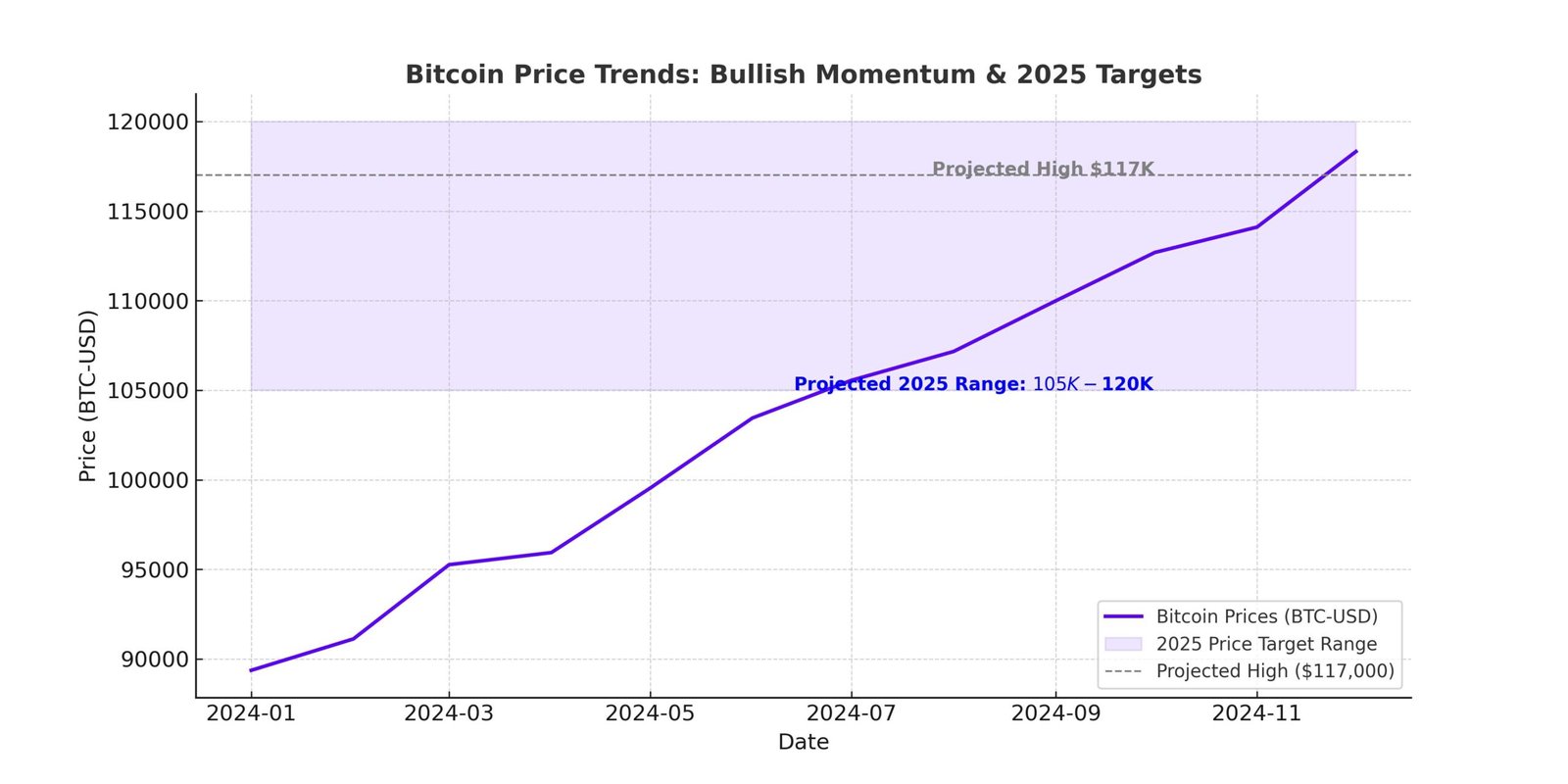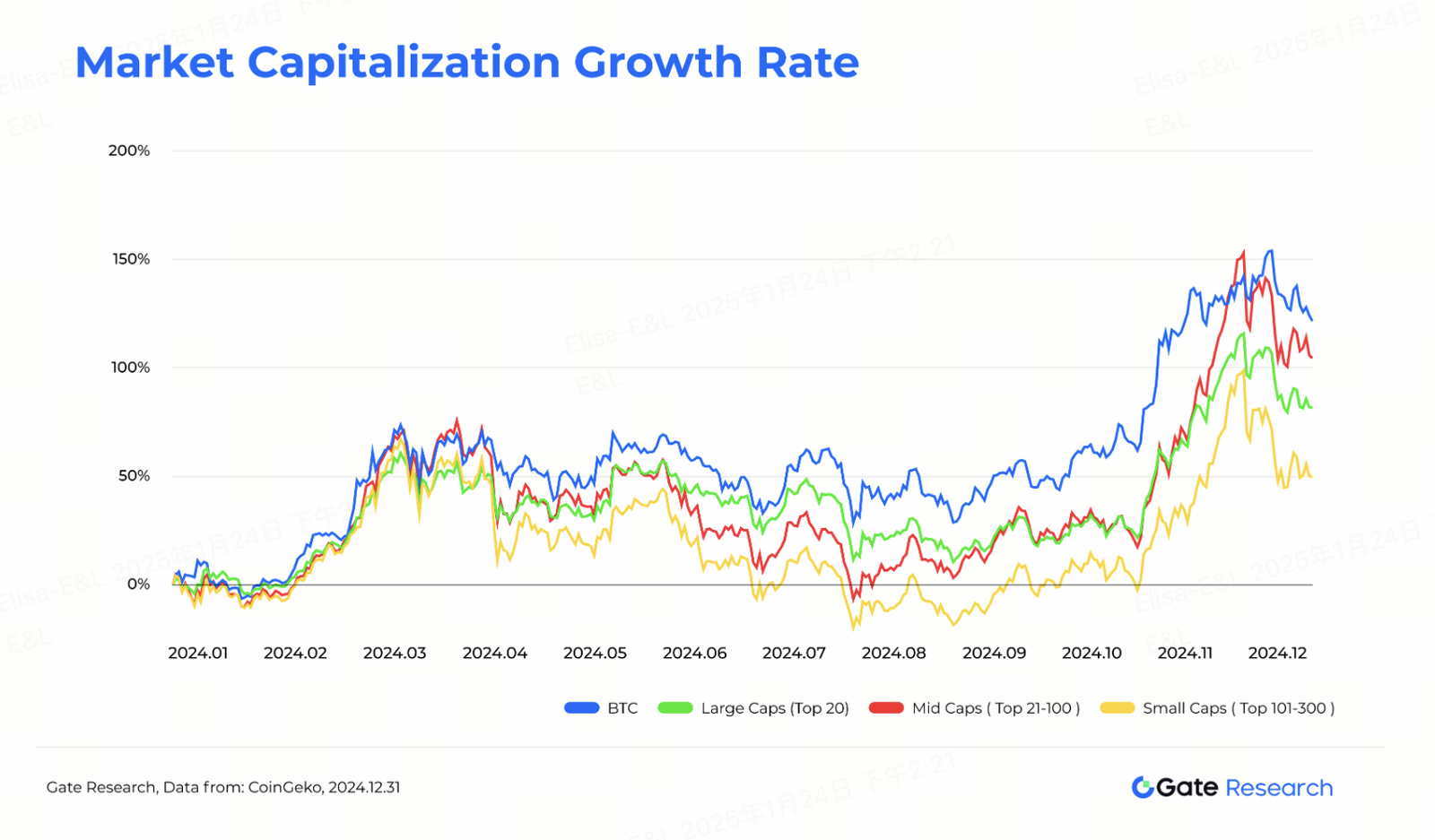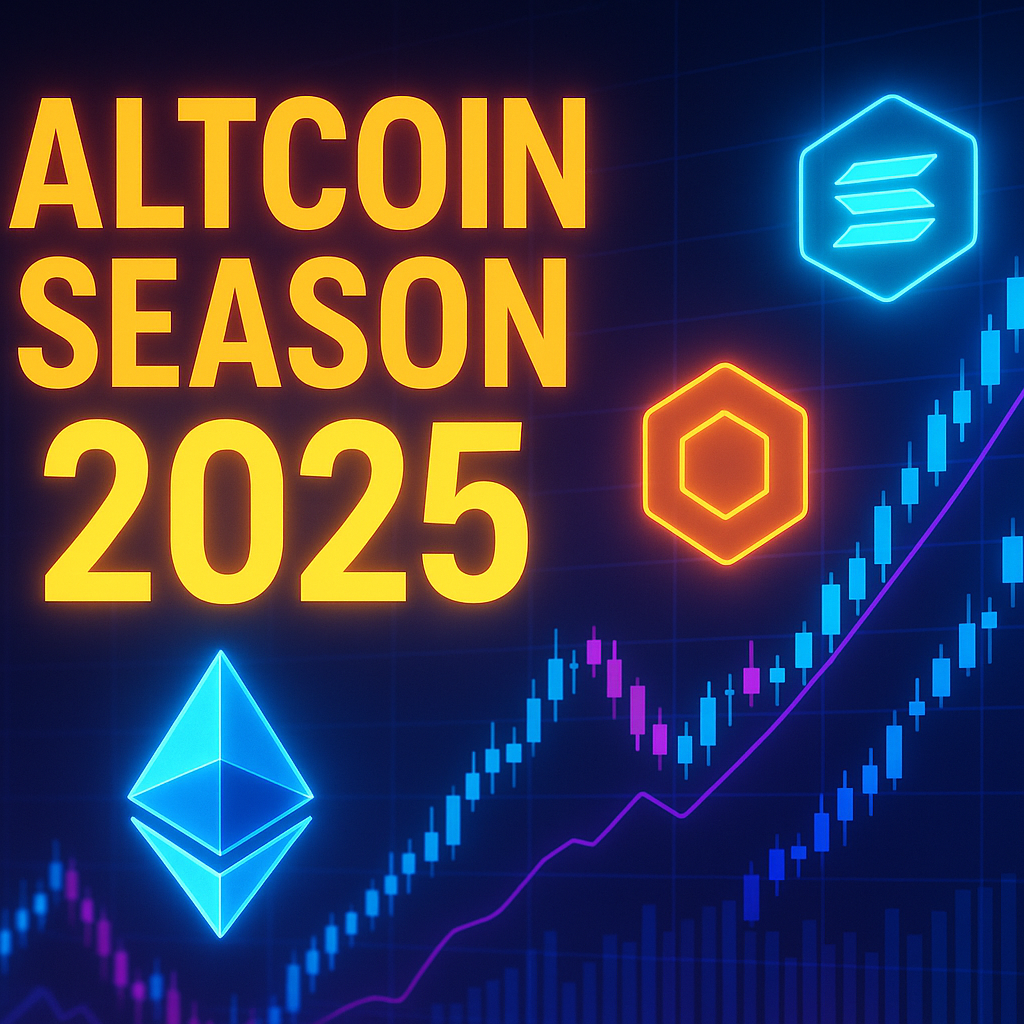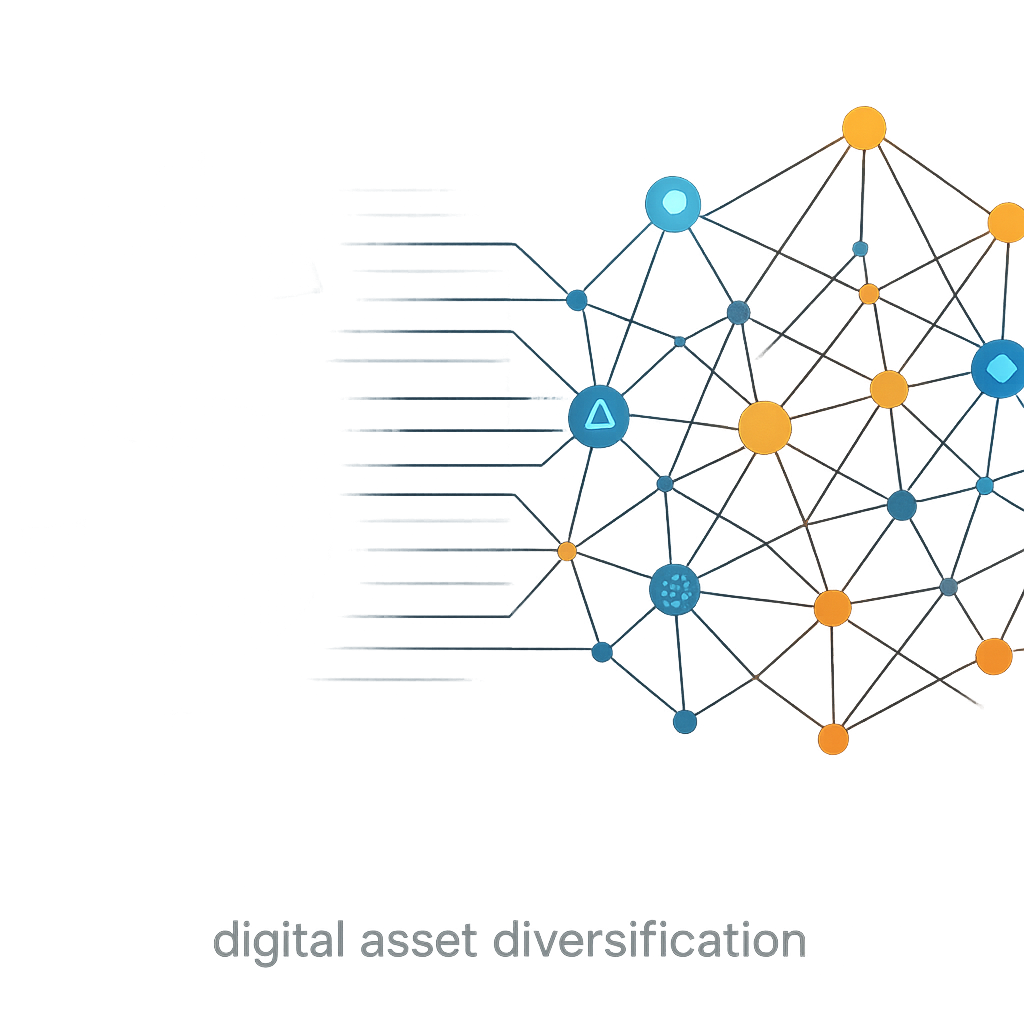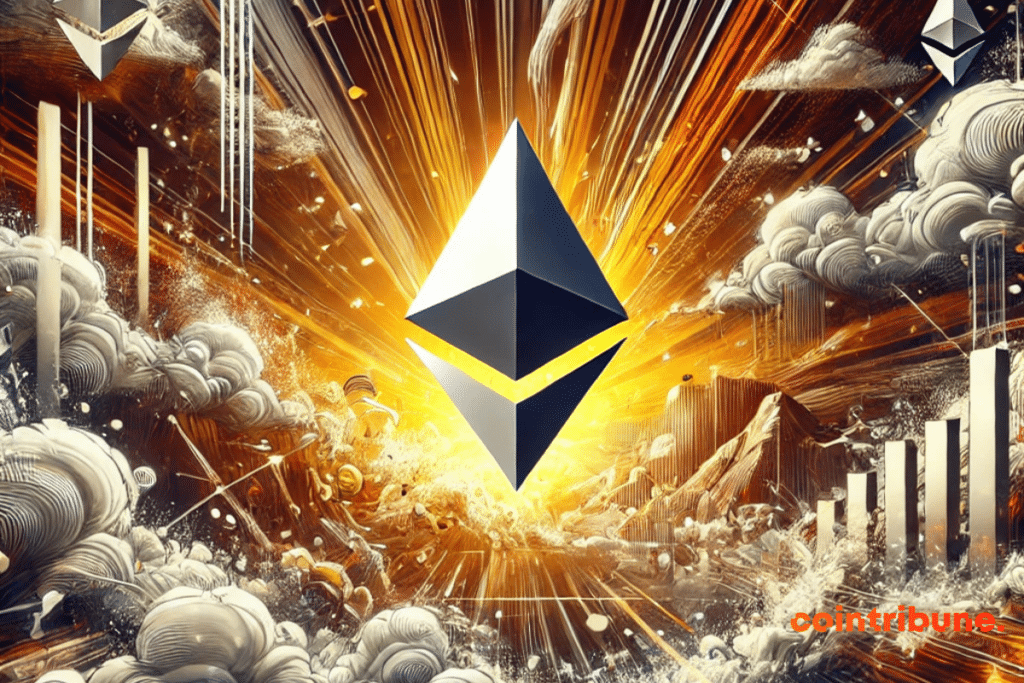Understanding Web3: The Future of the Internet and Its Importance

What is Web3?
Web3 represents the next evolution in the internet’s development, transitioning from its predecessors, Web1 and Web2, towards a more decentralized and user-focused approach. To fully understand Web3, it is essential to analyze its foundational principles and how they differ from prior versions of the internet. Web1 was primarily a static web, consisting of simple, read-only pages that offered limited interaction, whereas Web2 introduced dynamic content and social engagement through centralized platforms like social media and online marketplaces.
The core tenets of Web3 center around decentralization, user empowerment, and ownership. Enabled by groundbreaking technologies such as blockchain, which provides a secure and transparent method of recording transactions, Web3 promotes a shift from the traditional architecture of centralized servers to decentralized networks. This shift facilitates the development of decentralized applications (dApps), which operate on peer-to-peer protocols, allowing users to engage directly without intermediaries.
This change is crucial as it redistributes power back to users, affording them enhanced control over their data and digital identities. Unlike Web2, where large organizations dominate and monetize user information, Web3 envisions a landscape where individuals can own and manage their data. The implications of this transition are profound, as it not only fosters user trust but also nurtures a more collaborative online environment, ultimately leading to more equitable access to information and opportunities.
As we continue to embrace the future of the internet embodied in Web3, the focus shifts dramatically from traditional models to a user-centric framework characterized by autonomy, privacy, and security. This emerging paradigm holds the potential to redefine our digital interactions and how we perceive ownership in the online realm.
The Importance of Web3
The emergence of Web3 signifies a pivotal shift in the way we interact with the internet, emphasizing the values of privacy, security, and user empowerment. Unlike its predecessor, Web2, which centralized data and control in the hands of a few corporations, Web3 aims to create a decentralized web wherein users are the true owners of their data. This transformation is paramount in addressing the growing concerns over data privacy and the monopolization of information by major tech entities. In a decentralized environment, individuals can reclaim control over their online identities, fostering an ecosystem where privacy is paramount.
Furthermore, the implications of Web3 extend beyond individual users to businesses and creators. The decentralized web facilitates new economic models enabled by tokenization, which allows various assets to be represented digitally and traded on a blockchain. This capability not only opens up new revenue streams for creators but also ensures that they can retain more earnings by cutting out intermediaries. Additionally, decentralized finance (DeFi) introduces innovative ways for businesses and individuals to engage financially without the need for traditional banking institutions, thereby democratizing access to financial services.
Empowerment in the Web3 space is also reflected in decision-making processes. Users can participate in governance through decentralized autonomous organizations (DAOs), contributing to how platforms evolve and operate. As a result, this fosters a sense of community and shared responsibility among users, creating a more inclusive online environment. With Web3, the future of the internet promises a landscape where users not only navigate the digital world but actively shape it according to their values and priorities. The potential for enhanced privacy and control reinforces the importance of Web3, paving the way for a more equitable and secure internet.
Real-World Applications of Web3
The emergence of Web3 has sparked significant interest across various industries, offering innovative solutions that leverage the principles of decentralization and blockchain technology. One of the most notable areas where Web3 is making strides is in finance, specifically through decentralized finance (DeFi). DeFi platforms allow users to engage in lending, borrowing, and trading without the need for traditional banks, fostering a more inclusive financial ecosystem. Projects such as Uniswap and Compound exemplify this trend, enabling users to exchange cryptocurrencies and earn interest on their assets seamlessly.
In addition to finance, Web3 principles are being integrated into social networks, shifting power away from centralized platforms. Initiatives like Mastodon and Diaspora showcase how decentralized social media can empower users, giving them control over their data and mitigating issues related to censorship. These platforms illustrate the potential for a more user-centric internet, where individuals can freely share content while maintaining ownership of their information.
The gaming sector is also witnessing a transformative impact through Web3 innovations, particularly with play-to-earn models. Games such as Axie Infinity allow players to earn cryptocurrencies and trade in-game assets on decentralized marketplaces. This approach not only enhances player engagement but also introduces new economic opportunities for users worldwide, aligning with the vision of a decentralized web that fosters creativity and opportunity.
Furthermore, supply chain management is benefiting from Web3 technologies, as blockchain offers enhanced transparency and traceability. Platforms like VeChain are revolutionizing how businesses track products from origin to consumer, assuring authenticity and reducing fraud. By leveraging smart contracts, companies can automate processes and facilitate trust among stakeholders.
These examples highlight the significant potential of Web3 across various domains, illustrating how the future of the internet is not just an abstract concept, but a practical reality that is transforming industries today.
The Future of Web3 and Challenges Ahead
The concept of Web3 signifies a transformative phase in the evolution of the internet, where a decentralized web will empower users with control over their data and online interactions. This move towards decentralization is poised to lead to various innovations, such as enhanced user privacy, improved data monetization models, and novel decentralized applications (dApps). As we look toward the future of Web3, one can anticipate groundbreaking advancements in artificial intelligence, the Internet of Things (IoT), and cross-chain interoperability that could bolster the functionality and attractiveness of the decentralized web.
However, this promising future is not without its challenges. One significant hurdle is scalability. As the number of users and transactions grows, existing blockchain technologies often struggle to maintain performance levels without compromising security or decentralization. To address this, developers are exploring layer-two solutions and alternative consensus mechanisms to enhance network throughput while maintaining integrity.
Regulatory concerns also loom large over the horizon of Web3. Governments around the world are grappling with how to accommodate decentralized technologies within existing legal frameworks. The lack of cohesive regulations could stifle innovation and deter investors, as companies may opt for jurisdictions that offer clearer guidelines for operating in the decentralized web landscape.
Additionally, the environmental impact of blockchain technologies raises pressing questions. The energy consumption associated with mining operations and transaction validation has come under scrutiny, leading to calls for more sustainable practices such as proof-of-stake mechanisms. The future of Web3 hinges not only on technological advancements but also on addressing these environmental concerns.
Overcoming these challenges is crucial for realizing the full potential of Web3. If developers, users, and policymakers can collaborate effectively, the broader acceptance and implementation of a decentralized web could reshape society, fostering a more equitable, user-centric internet experience moving forward.


